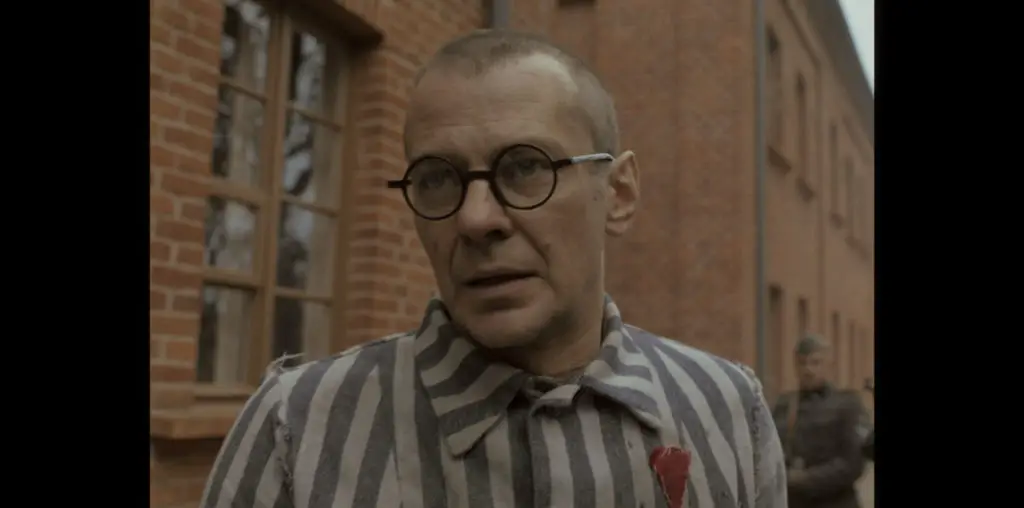
Welcome back to 1982. Long live Stockholm! Down with the Establishment! Long live punk!
Novelist, poet, producer, cinematographer, screenwriter, and filmmaker (among other chores), Lukas Moodyson apparently loves to multitask. After a four-year hiatus since he last directed a feature (“Mammoth,” his first film in English, a little-seen effort starring Gael Garcia Bernal and Michelle Williams)—a time spent writing two novels, teaching at the Helsinki Film School, and trying (and failing) to become a good chess player—he’s back with a small gem of a Swedish film.
His best known works, at least for those who have managed to see his films, are “Lilya 4-Ever” (2002) and 1998’s “Show Me Love,” and his best-U.S.-grossing “Together (Tillsammans),” a bittersweet comedy from 2000. They have all won or been nominated for dozens of awards. “We Are the Best!” will add to his trophy collection.
Adapting a graphic novel written by his wife, Coco, the film does a time warp back 30+ years and introduces us to three exuberant, devil-may-care 13-year-olds who have taken up the cause for a left-for-dead 1970s music art form—punk. Armed with vinyl records, turntables, and Walkmans, we find best friends Bobo and Klara cruising the edge of accepted society, oblivious to the taunts tossed at them by their schoolmates.
The bespectacled, curly haired, tom boy Bobo (Mira Barkhammar), suffering through her mother’s 40th birthday party, would rather be anywhere else. Her spiked-hair compatriot in criminal mischief is Klara (Mira Grosin), together getting into all sort of rambunctious shenanigans, ignoring anyone who pokes fun at their appearance. Apparently borderline socially conscious (probably in a misinformed way), they work on a science project, of sorts, mocking up the destruction (cue the ketchup and a few pyrotechnics) that a nuclear plant meltdown might cause.
At the youth center operated by Kenneth (Johan Liljemark) and Roger (Mattias Wiberg), they invent their own punk band, mostly out of revenge against a boy rocker band (Iron Fist), even though they’ve never played an instrument in their collective young lives. The outcast duet (well, Bobo bangs on drums and Klara struts on the bass, the only two instruments the center owns) make do with their wacky improvisation and writing skills, creating “Hate the Sport,” an outlandish scream aimed at their physical education teacher.
Although turned down for their school’s Fall Concert, the girls have sympathy for a lonely, pale-skinned, blonde-haired performer, a Christian girl who gets booed for playing classical guitar. That would be Hedvig (Liv LeMoyne), who becomes the newest band member (and one who actually has training), emphasizing to the others that it’s usually best to sing in the same key.
The film, an amiable ramble through their lives, touches on Bobo’s broken family and her mom’s array of loser boyfriends (one gives Bobo cheese as a Christmas present); Hedvig’s strict, religious mother (who briefly puts the fear of God into Bobo and Klara after they massacre her daughter’s hair); life-bonding friendship, stupid lies, and fleeting self-esteem issues; first experiences with liquor; and young lust in the guise of two shallow, suburban boys—dog-collared drummer Elis and Mackan (Jonathan Salomonsson and guitarist-lead vocalist Alvin Strollo)—the remnants of another teen punk group that the girls idolize.
When news that an electric guitar has been added to the youth center’s inventory, both Iron Fist and the unnamed girl’s band (who poo poo being labeled as such) are invited to play at another youth center’s year-end concert called “Santa Rock.” It’s a disastrous triumph.
The teenage actors nail their natural, giddy-sad coming-of-age performances and Moodyson flavors the film with fine direction of its young stars. The hand-held camerawork by Ulf Brantås makes you feel right at home in their anguished world, one that is not overdone by production designer Paola Hölmer.
Junior anarchists unite! Long live “We Are the Best!”
(Stay through the end credits for a final flush of fun.)

Review written by Elias Savada.